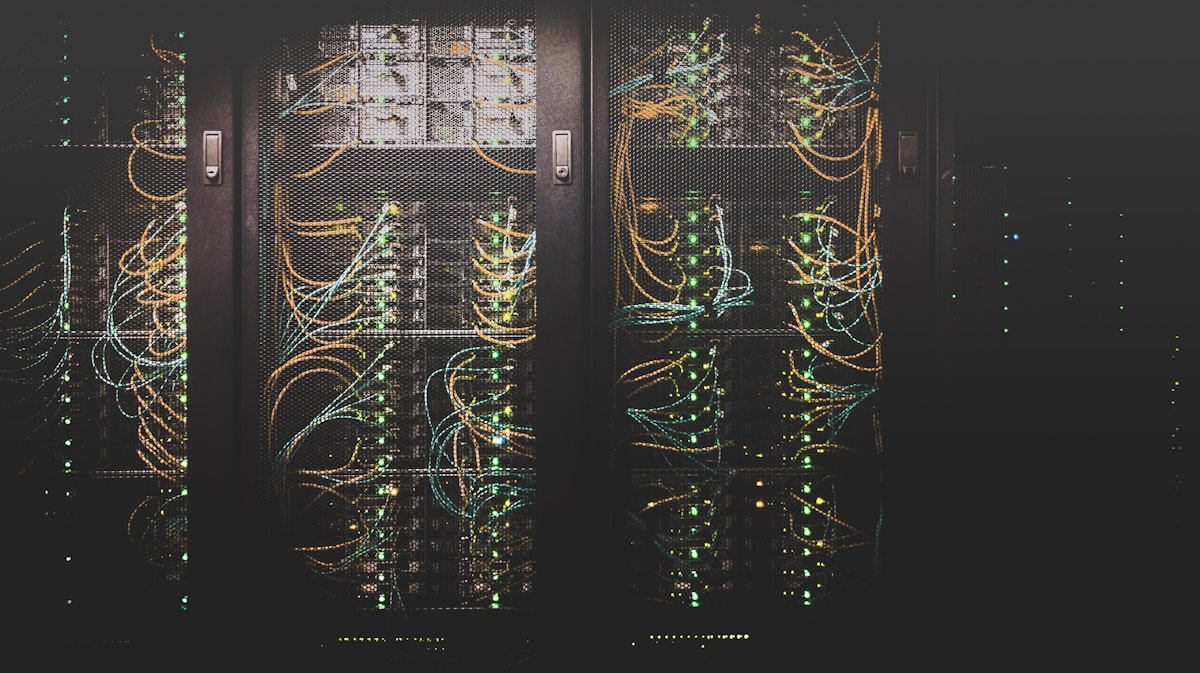OpenAI just admitted they're going to burn through $115 billion by 2029, which is $80 billion more than they thought they'd need just a few months ago. That's not a rounding error - that's "oh shit, we have no fucking clue what we're doing" territory.
They're projecting something like $12 billion in revenue for 2025, ramping up to over $100 billion by 2029 - if you believe their math. Sounds impressive until you realize they'll still be hemorrhaging money even at peak revenue. Each ChatGPT query costs actual money to run, and they're finding out the hard way that AI economics are completely fucked.
Why AI Companies Burn Cash Like Teenagers With Dad's Credit Card
Here's why OpenAI's spending is so insane: AI isn't like normal software where you write code once and serve millions of users. Every time someone asks ChatGPT a question, it costs actual money to run thousands of GPUs that cost hundreds of thousands each. Plus massive data centers with cooling systems that could power small cities. And the electricity bills? Don't even ask.
Their recent deals show just how desperate they are for compute power. The $300 billion Oracle partnership and $10 billion Broadcom chip order are just the tip of the iceberg. Then there's the $500 billion Stargate Project with SoftBank and others - basically throwing money at the problem and hoping it works.
Everyone's Throwing Money at AI Like It's 1999 Again
OpenAI isn't alone in this spending madness. Meta, Amazon, Google, and Microsoft are collectively burning through roughly $320 billion in 2025 on AI stuff. That's more money than most countries' GDP, betting that AI will somehow become profitable before they all go broke.
Here's the scary part: MIT found that 95% of companies trying AI aren't seeing jack shit for returns. Forbes analysis of the MIT report shows that even the 5% of successful AI implementations struggle with scalability. The failure reasons identified by MIT point to fundamental issues with how companies approach AI deployment, while McKinsey research similarly found dismal ROI across enterprise AI initiatives. Even worse, AI adoption is actually declining among big companies - you know, the ones with actual money to spend on this stuff. Enterprise AI pilots are failing to deliver meaningful ROI, despite massive investments. So we have companies spending hundreds of billions on technology that most customers don't want to pay for. This reminds me of Webvan burning $1.2 billion on grocery delivery that nobody wanted, or Quibi blowing through $1.75 billion because they assumed people wanted to watch shows vertically on phones.



